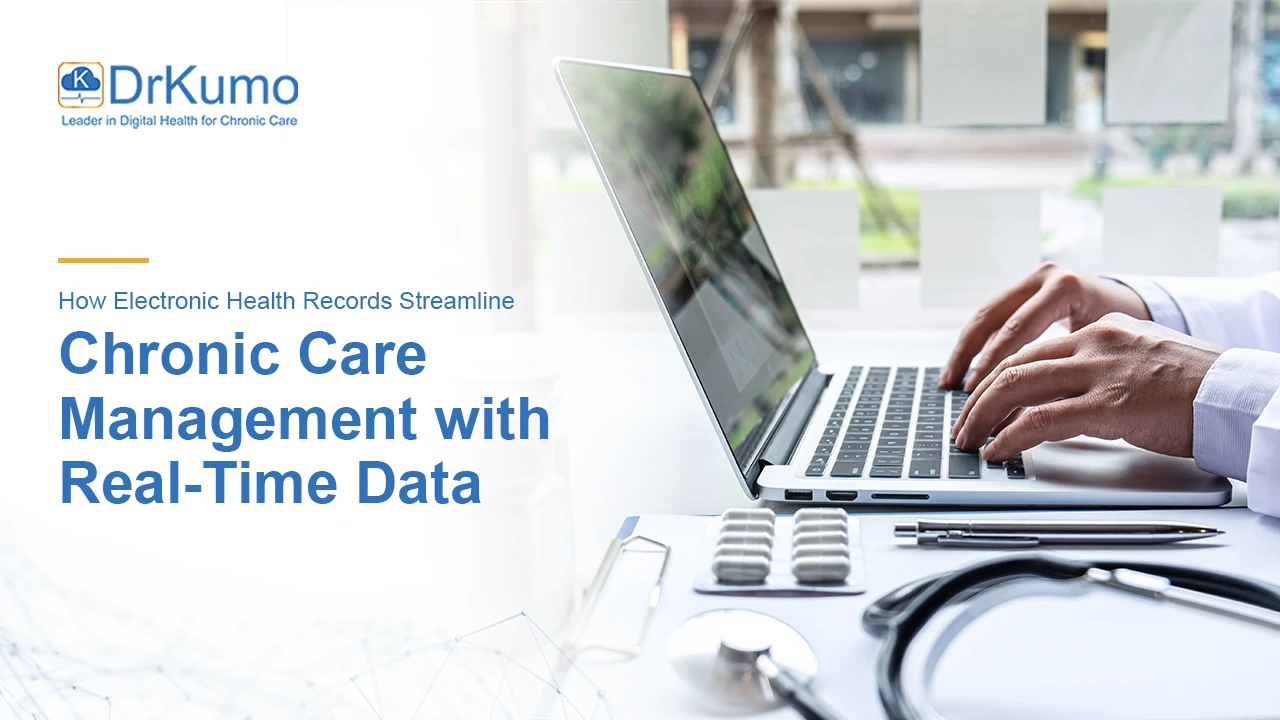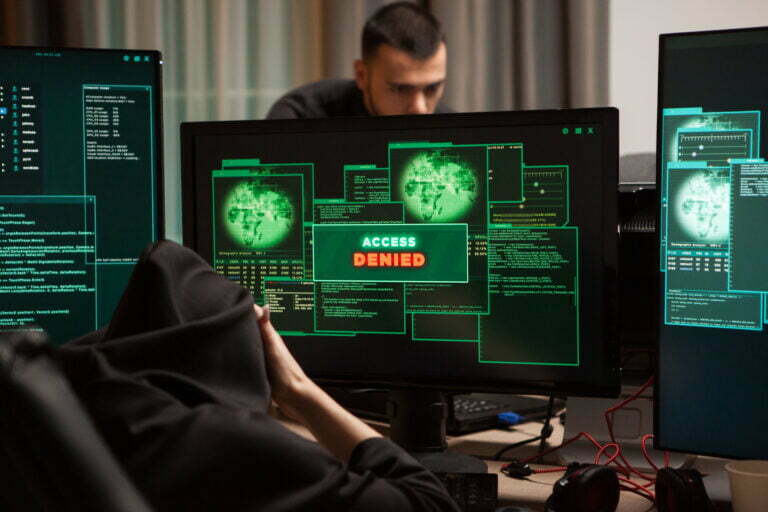Managing chronic illnesses like diabetes, heart disease, or COPD has never been more demanding. It’s not enough to check in occasionally — providers need continuous insight into patient health.
That’s where Electronic Health Records (EHRs) paired with real-time data streaming make a real difference. In this post, we’ll walk through how modern EHR integration supports better chronic care, explore recent research and use cases, and show how DrKumo fits into this evolving landscape.
Why EHR + Real-Time Data Matters More Today
Healthcare is shifting from episodic visits to constant connection. EHRs on their own are powerful repositories of history and context—but without real-time updates, they can lag behind a patient’s current status. When you feed data continuously (from blood pressure monitors, pulse oximeters, glucose meters, etc.) into the EHR, care teams can:
- Detect trends or anomalies faster
- Intervene earlier, before a patient decompensates
- Adjust treatment plans proactively
- Share a unified, up-to-date view across care teams
In other words, real-time integration brings the EHR from being a “record” to being a living tool in chronic care management.
Evidence & Trends: What the Latest Research Shows
A 2025 JMIR study on the state of Remote Patient Monitoring (RPM) in the U.S. notes that RPM adoption continues to accelerate, especially in chronic disease settings. The authors highlight that while RPM technology is maturing, real challenges lie in integrating streams of data into existing systems, ensuring regulatory compliance, and sustaining reimbursement models.
In chronic care, other studies and reviews have linked RPM-based interventions to reductions in hospital admissions, improvements in medication adherence, and better patient engagement. But success often depends on how efficient RPM data are integrated into clinician workflows and on solid documentation and governance practices.
Case Study: Michigan’s EHR + HIE Integration for Chronic Care
According to research published by CDC, Michigan has adopted an innovative approach to chronic disease management by utilizing EHR and Health Information Exchange (HIE) systems. This near-real-time monitoring system has enabled better care coordination and patient outcomes, specifically for chronic conditions like hypertension and stroke.
Key Achievements of EHR Data Integration in Michigan
Michigan’s EHR system gathers data from 148 hospitals, 665 outpatient sites, and 298 skilled nursing facilities, covering over 13 million patients for near real-time insights.
Key benefits include:
- Real-time Data: Collects 800 ADT messages daily, enabling quicker responses to disease trends.
- Comprehensive Monitoring: Tracks conditions across a broad healthcare network for improved chronic disease surveillance.
- Better Outcomes: With more than 65,000 deaths attributed to chronic diseases in 2022, this approach helps public health officials target high-risk populations and improve care delivery.
Using EHR-based data has proven vital in modernizing chronic disease management and improving healthcare outcomes.
Challenges & Best Practices for Implementation
Even with great promise, real-time EHR integration in chronic care faces hurdles:
- Interoperability & Standardization. Different devices and platforms use varying formats. Lack of consistent standards can stall data exchange.
- Privacy, Security & Compliance. Real-time health data involves PHI. Systems must be HIPAA-compliant, encrypted in transit and at rest, and governed by clear consent policies.
- Data Overload & Clinical Workflows. Too many alerts or raw data streams can overwhelm providers. Summarization, filtering, and intelligent analytics are key.
- Reimbursement & Sustainability. Even if the technology works, financial models must support long-term use through coverage and billing structures.
To help mitigate these issues, health systems should adopt modular architectures, validate devices, enforce data governance policies, and prioritize integration into EHRs that align with clinician workflows.
How DrKumo Supports EHR + Real-Time Integration in Chronic Care
DrKumo has built its platform expressly to support the convergence of RPM, EHR integration, and disease management protocols. As a URAC-certified, HIPAA-compliant solution recognized in a U.S. Department of Veterans Affairs contract, DrKumo offers:
- Secure, encrypted data streaming from FDA-cleared devices into provider consoles
- Automated timestamping and logging to support audit trails and compliance
- APIs or connectors to feed summarized, clinically relevant data into EHRs
- Intelligent alerts and analytics to reduce data noise and support decision-making
By embedding compliance and data structure from the ground up, DrKumo helps bridge the gap between continuous patient monitoring and the EHR ecosystem, turning raw data into usable insight for chronic care teams.
Takeaways
Integrating real-time patient data into EHRs marks a significant evolution in chronic disease care. When done correctly, it supports earlier intervention, more precise treatment adjustments, and tighter coordination across care teams. But its success rests on strong interoperability, compliance safeguards, and smart workflow design.
With its secure architecture, AI-enabled analytics, and emphasis on integration, DrKumo is well positioned to support this next generation of chronic care.
To see how DrKumo can work with your EHR infrastructure and elevate your chronic care capabilities, contact us today.
Disclaimer: This content is for informational purposes only and does not substitute medical or legal advice. Always consult qualified professionals for decisions on treatment, compliance, or system design.








